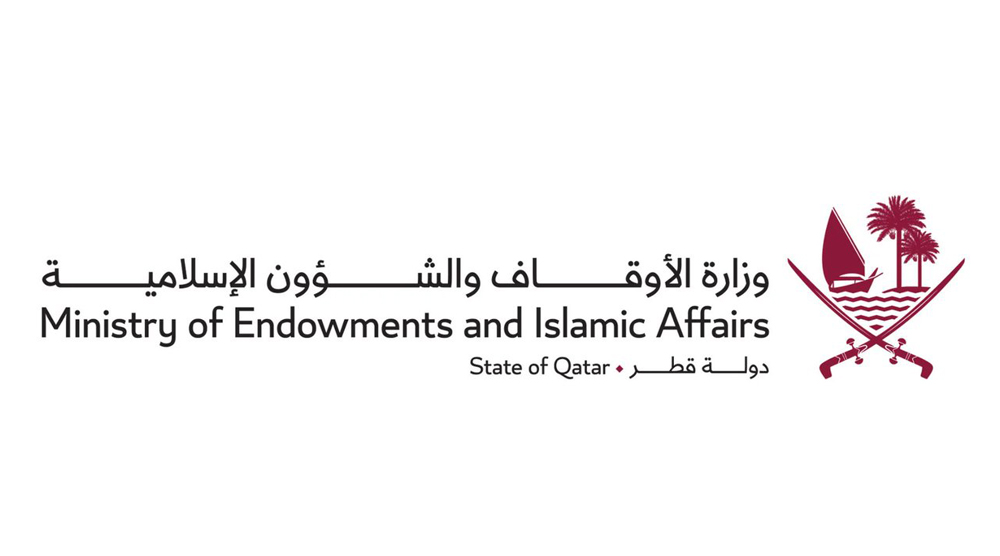The Department of Islamic Research and Studies at the Ministry of Awqaf and Islamic Affairs in Doha recently released the 204th issue of the Ummah Book series, focusing on national identity and social cohesion. Dr. Mohamed Mahmoud El Gammal authored the study, which delves into the complex relationship between contemporary thinking and Islamic jurisprudence when it comes to the concept of belonging. The book is divided into six sections, including the importance of values in establishing national identity, the role of religion in fostering a sense of belonging, and how conflicts between different groups can be resolved. It also examines how well modern national identity principles align with Sharia rulings.
One of the key points highlighted in the book is the challenges facing national identity and sovereignty in today’s globalized world. Globalization, the rise of global rights, and international alliances all play a significant role in shaping a country’s identity and its place in the global community. The book also addresses the impact of civilizational, religious, and ethnic identities on national cohesion, as well as the influence of liberal ideologies that can erode traditional boundaries and affiliations. These issues are particularly pertinent for developing countries and those grappling with the complexities of modern identity politics.
The study emphasizes the importance of promoting values of belonging within society and the role of religion in strengthening common bonds among diverse groups. By exploring the intersection between contemporary national identity principles and Islamic teachings, Dr. El Gammal offers insights into how countries can navigate the complexities of identity formation in an increasingly interconnected world. The book also sheds light on the growing influence of transnational social forces and the need for nations to balance their unique identities with the pressures of globalization and international cooperation.
As nations grapple with the challenges of preserving their cultural, religious, and ethnic identities in the face of globalizing forces, the study encourages a nuanced approach to identity formation that takes into account both local traditions and global realities. By examining the tensions between different forms of belonging and the impact of liberal ideologies on national sovereignty, the book offers a comprehensive analysis of the complexities of contemporary identity politics. Ultimately, the study calls for a reevaluation of how nations define and safeguard their national identities in a rapidly changing world.
In conclusion, the release of the 204th issue of the Ummah Book series on national identity and social cohesion offers valuable insights into the challenges and opportunities facing nations in the contemporary world. By exploring the relationship between Islamic teachings and modern identity politics, the study provides a framework for understanding how countries can navigate the complexities of belonging in an era of globalization and transnational influences. As nations seek to assert their unique identities while engaging with the global community, the study serves as a timely resource for policymakers, scholars, and individuals interested in the intersection of religion, culture, and national identity.











